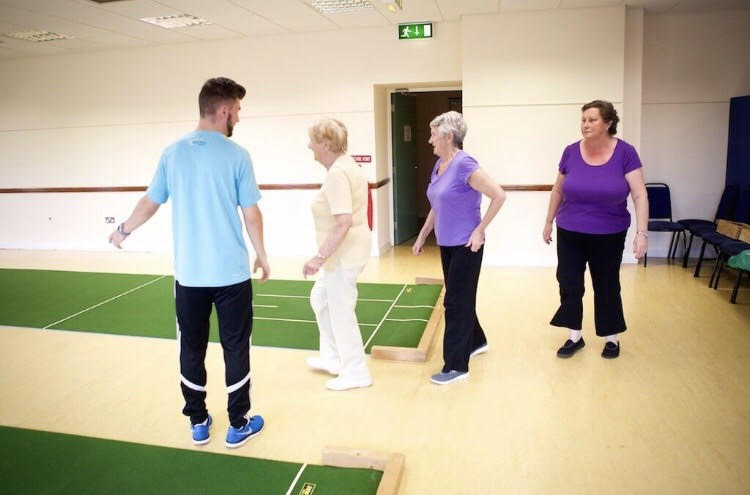Contrary to Popular Opinion New Years Resolutions may not be the best way to a “New You”
You are probably sick to death of hearing or reading “New Year, New You!” everywhere. It’s incredible the shift which can happen in advertising in a 48 hour period. Prior to January 1st we are fed tantalising images of rich and delicious foods, encouraged to eat like Kings and drink like the fishes. Come January 1st, or supermarkets, magazines and TV adverts do a complete 180. All of a sudden we’re plunged into a world filled with seemingly unrealistic claims of weight lose, low fat and diet foods and a shed load of kale.
The typical human response to this marketing ploy is make New Year’s Resolutions; ideas or goals to make our selves better than we were last year. How many times have you said “This year I will go to the gym every morning!” or “No sweets for January”, let’s not forget the very popular Dry January. This year we’re making a controversial proposal; don’t make any resolutions!
New Year’s Resolutions can be great for those of us who can decide to make a massive life change and then go hell for leather to make sure we stick to it. But for the rest of us mere mortals New Year’s resolutions can set us up for failure. If we miss one morning in the gym, eat those sweets or have a drink, we can quickly fall off the band wagon and then in the bin go our resolutions just like those left over sprouts from Christmas dinner.
If you don’t want to change yourself, then don’t! But, some of us still want to make changes. At Siel Bleu Ireland, we always like to promote goal setting. You may have read some of our past blog posts on the subject, which we will link here. Goal setting looks at the principle of wanted to change or achieve something and looking at a means to get you there. Instead of saying “I’m going to go to the gym everyday!”, why not try the goal of “I’m going to improve my fitness this year!”
Goal setting can help to make life long, achievable changes and you can readjust them all throughout the year, depending on all the different circumstances in life. Making a decision to better yourself, take up a new hobby, or drop a unwanted habit, doesn’t have to happen on New Years Day.
One goal setting method called “The Slight Edge” by Jeff Olsen uses “compound interest” as a metaphor for achieving our goals. First of all you list what changes you would like to make in your life e.g. improve your fitness. Then, you make small, regular changes to help you achieve those goals. By doing this your are allowing for more flexibility in your life, so incase you can’t make it to the gym that morning you might just go for a walk. It can even be as simple as taking the stairs instead of a lift. You’re still improving your overall fitness and working towards that goal. All of your little changes make a huge difference over time, just like compound interest.
According to recent research, this type of goal setting works best for older adults. Scientists from The University of Manchester, Leeds Becket University and the National University of Ireland Galway looked at “self-efficacy” – helping people to increase their belief in their own ability. For older people they found that increasing targets over time was a better method. Starting with a short walk and adding distance to it every day – for example – was a good motivator.
So whether your goal is to become fitter for surgery or to continue living independently, why not try making small regular changes, all those little steps add up.
If fitness is your goal, why not try one of our free At Home Guides. They arrive in your email inbox and only take 10 minutes to complete. Or you could try a community class in your area or contact us about a one to one class.


